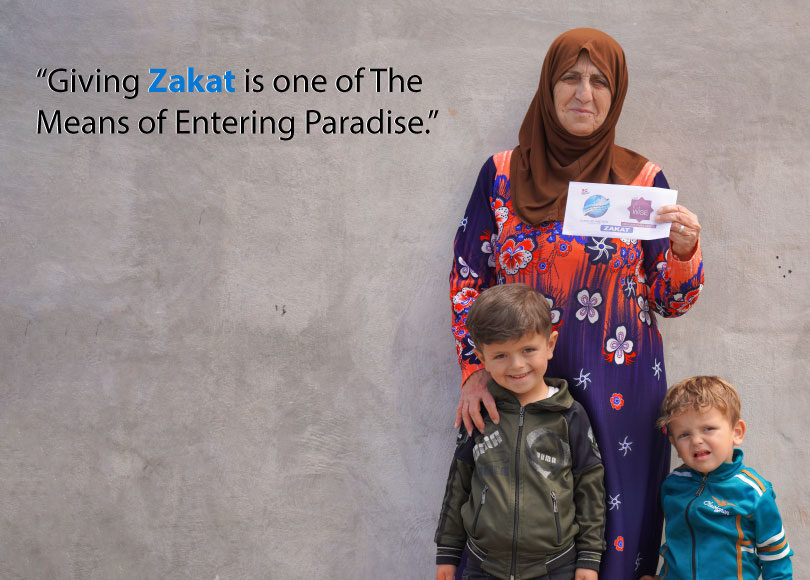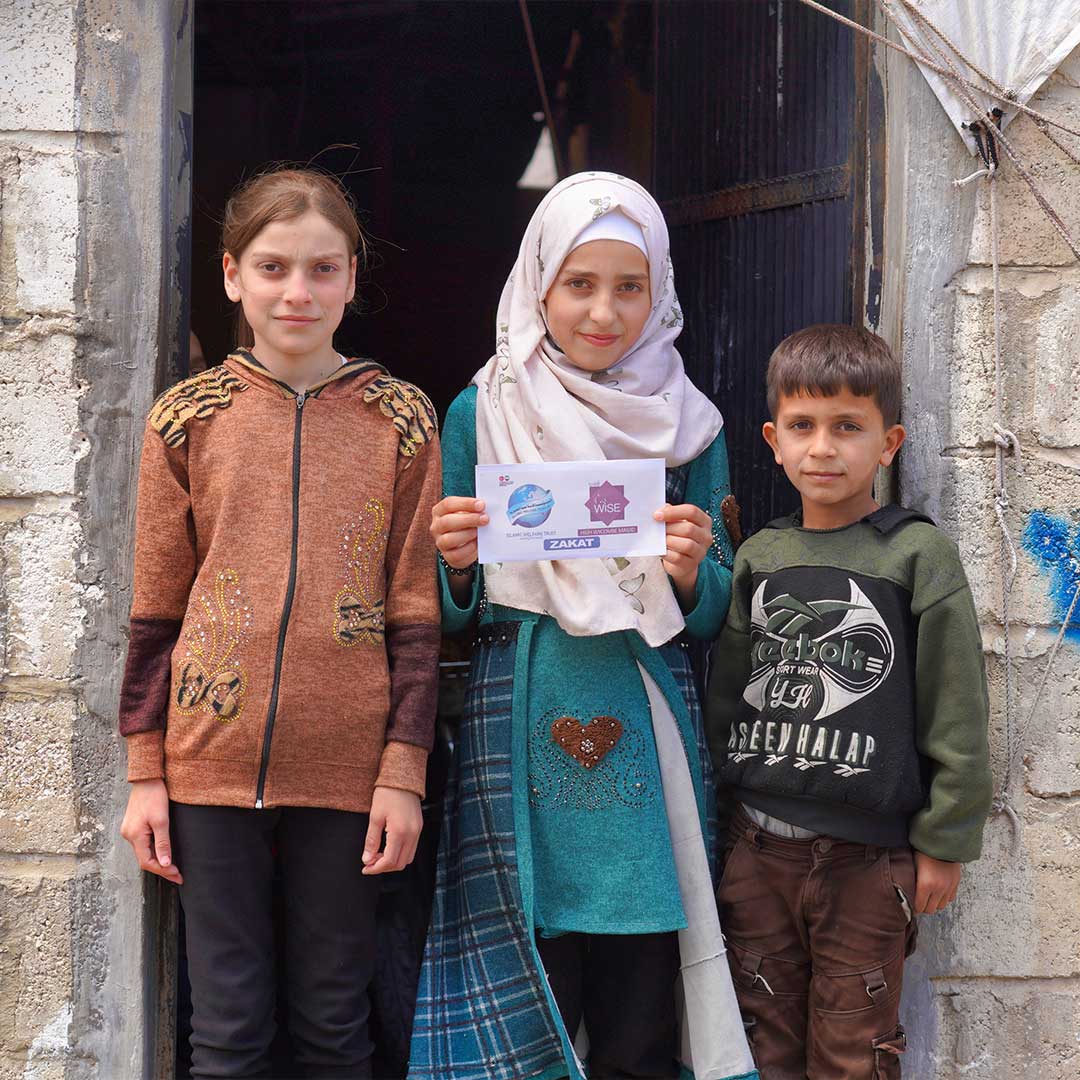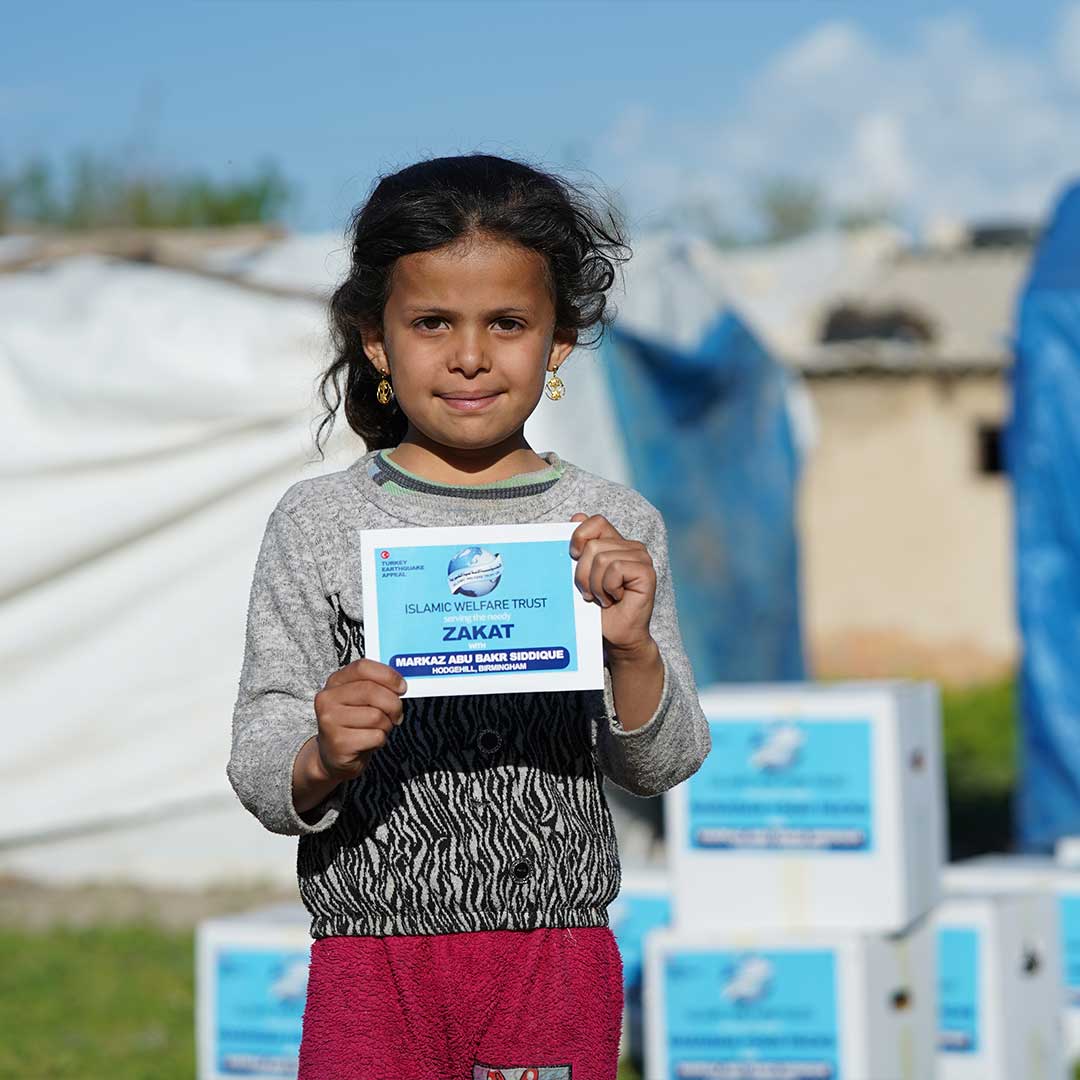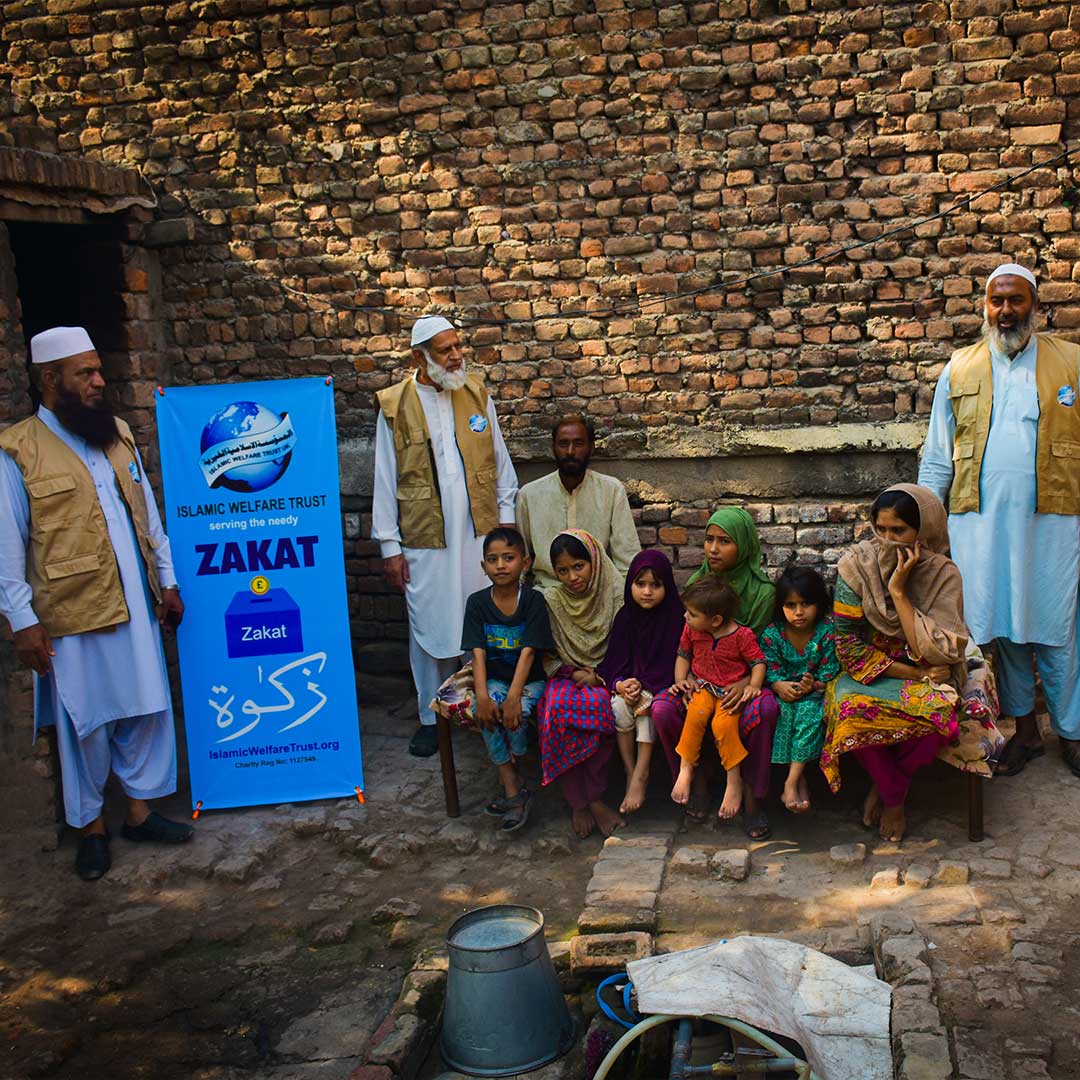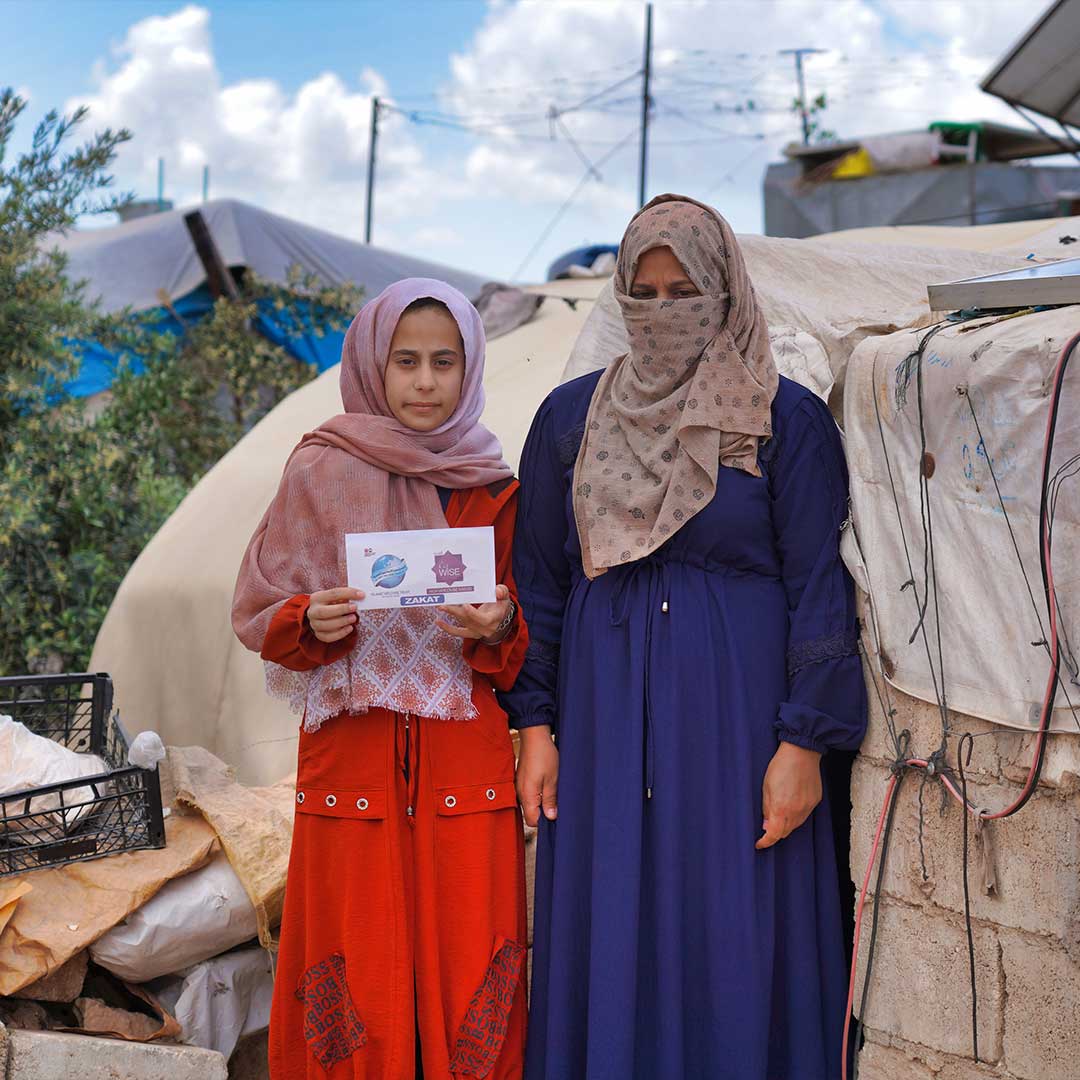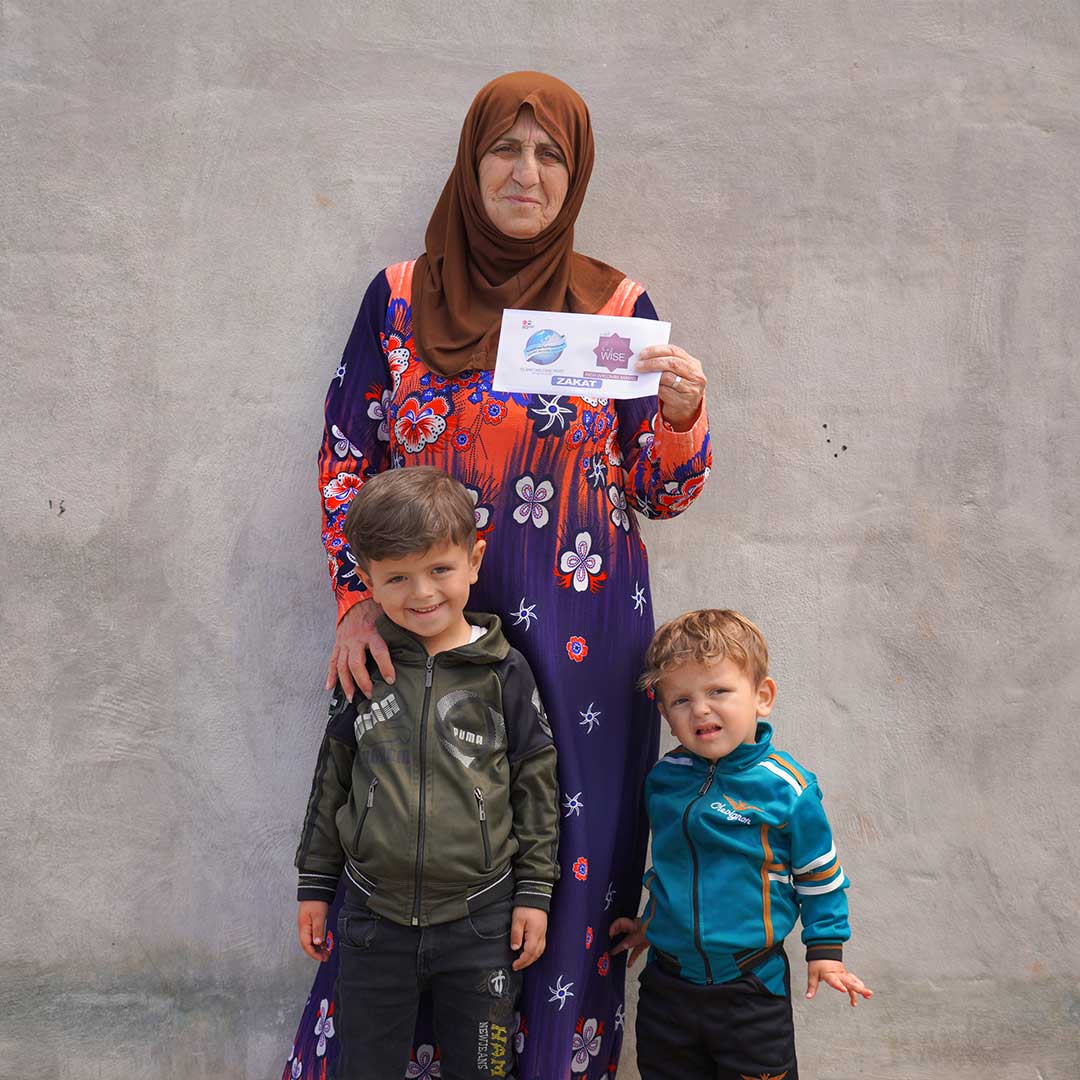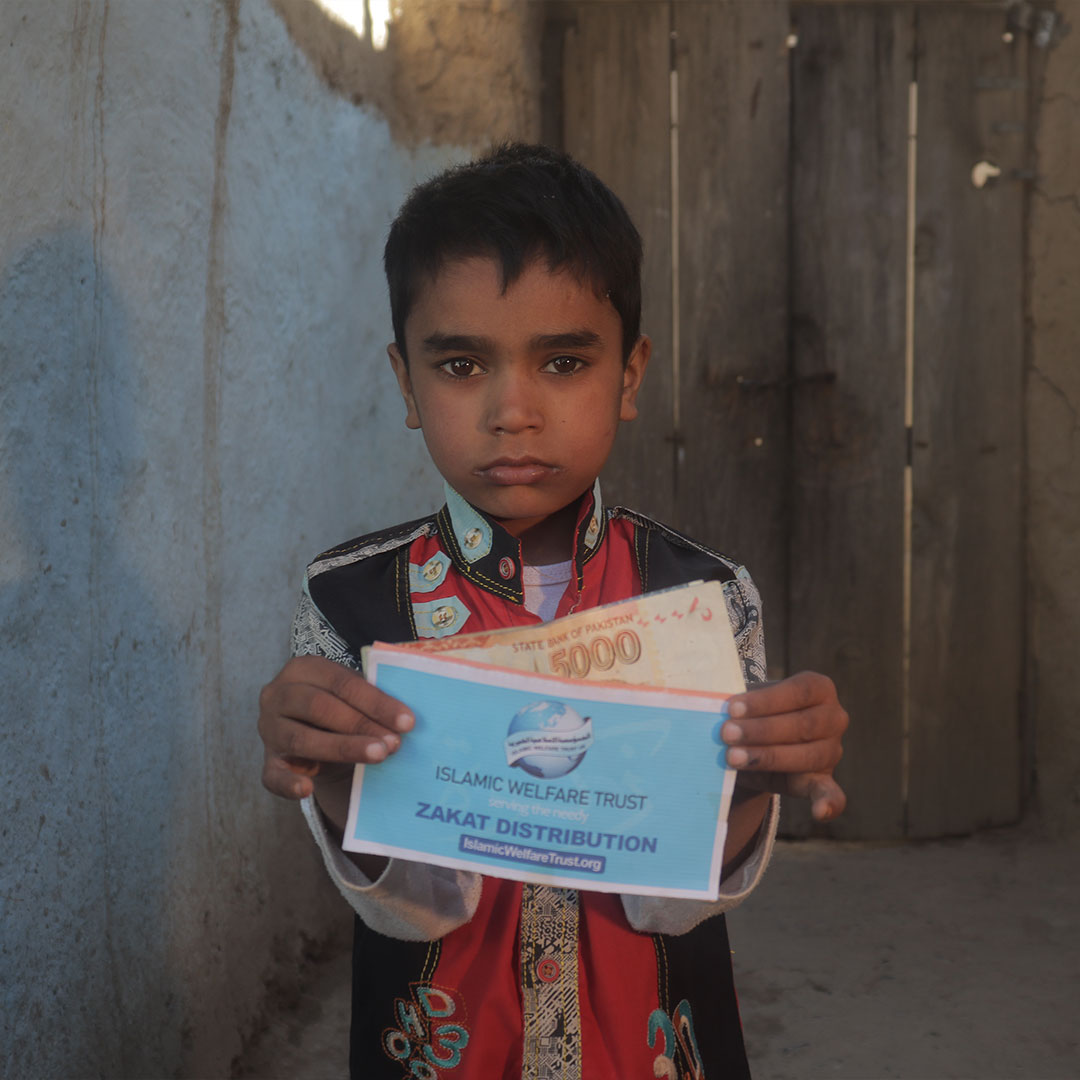“The best of people are those that bring the most benefit to the rest of mankind.” (Daraqutni)
Unfortunately, recent human history has emphatically confirmed this reality. Since the turn of the century, we have seen disaster after disaster unfold, some natural but predominantly manmade. As a Muslim Humanitarian Charity, it’s crucial for us to have emergency funds readily available to respond swiftly to these disasters.
Whether it’s the Gaza Emergency Appeal, Yemen Emergency Appeal, Syrian Refugee Crisis, Turkey-Syria Earthquake Appeal, Pakistan Floods Appeal, Bangladesh Floods Appeal, Rohingya Crisis Appeal, or Africa Drought Appeal, our ability to continue helping those affected by these conflicts, wars, and crises relies on your ongoing support. We urge you to donate your Sadaqah and Zakat to these appeals, aiding in the protection of lives throughout the year and in times of crisis.
However, if you are looking to build a Masjid as Sadaqah Jariyah for your loved ones, or if you wish to build a water pump, donate a food pack, sponsor a sewing machine, or need to give Kaffarah for Breaking an Oath, consider our appeals. Donate to the Ramadan Food Appeal, the Ramadan Zakat Appeal, Donate your Sadaqah Online, or simply donate Zakat to Muslim Charity to assist the poor and needy around the world. Insha’Allah, donate with confidence for the sake of Allah.
Islamic Charity – Under the Supervision of Islamic Scholars
Islamic Welfare Trust strictly adheres to a 100% donation policy for Emergency Appeals and Zakat, ensuring complete transparency with details available on the Charity Commission website. We promise to allocate £9 out of every £10 of general donations directly to those in need, honouring your trust and our commitment to the Ummah. All our activities and projects receive full approval from scholars who are part of our board of trustees.


